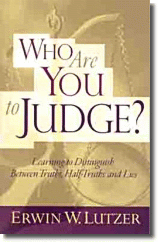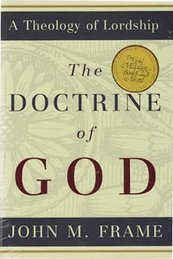During the Chinese New Year, many Chinese ask these questions:
- Is it really “sway” (bad luck/ bad omen) to witness a funeral procession during the Chinese New Year?
- Is it a taboo to eat leftover/ overnight rice/ food on the first day of Chinese New Year? But it our fault? What if I don't cook & is living alone? Going to a restaurant would be too troublesome?
- Would we really dampen our luck in the new year if we go to other people’s homes for meals during Chinese New Year?
- Is it really inauspicious to say expressions such as “ill”, “死(sǐ)” (die), “完蛋 (wándàn)” ,“没希望了”(it’s hopeless), “杀 (shā)” (kill) during Chinese New Year?
- Can we ask our guest, “Do anyone want more rice”? Or is it more appropriate to say “Who would like to fill up their rice bowl”? Does the latter really denote abundance throughout the new year?
I was reading this book Don’t Sit On This Book: A Collection of Chinese Taboos And Superstitions (by Philip Cheong.
- (p. 65) Does red really symbolizes the arrival of good events & good fortune? On p. 66, the author writes that “writing bright and cheerful colours does not necessarily denote that you will have a bountiful year.”
- (P. 68) Is it a taboo to owe money over the festive season? On p. 69, the author feels that it’s not really the bad luck, but the strain that may be put on the relationship if money is not returned when we are able to do so. We should always return the money we borrow from those who are willing to lend a hand when we were in need. I feel that by doing so, we do not take others’ kindness for granted.
- Chinese believe it is a taboo to visit the doctor during Chinese New Year. However, as the author writes, “” (p. 71).
- Whether or not one believes the superstitions analyzed or the analyses, this is an interesting book which would be a delightful read on sleepless nights! However, how are we Christians to respond to these beliefs & superstitions? Some are more obvious that we know we shouldn’t do, but there are others which are more subtle, “small” beliefs that we still hold to!
In the “Preface”, the author Philip Cheong wrote:
In my hindsight, I now marvel at the way Chinese taboos are passed down from one generation to the next. No questions were asked, and certainly no logical explanations were given. But they still have a nasty habit of staying in our minds longer than the scariest of horror movies. Perhaps it’s because superstitions tap into our primal fear of the unknown, or the fact that they’re from an allegedly trustworthy source- our parents.
Do we Christians place more faith in passed-down beliefs than biblical truths? Do we accept the bible with faith, with no questions asked? Are we always after logical explanations for alleged contradictions in the bible? Maybe it is time to get back some of our misplaced faith!



No comments:
Post a Comment